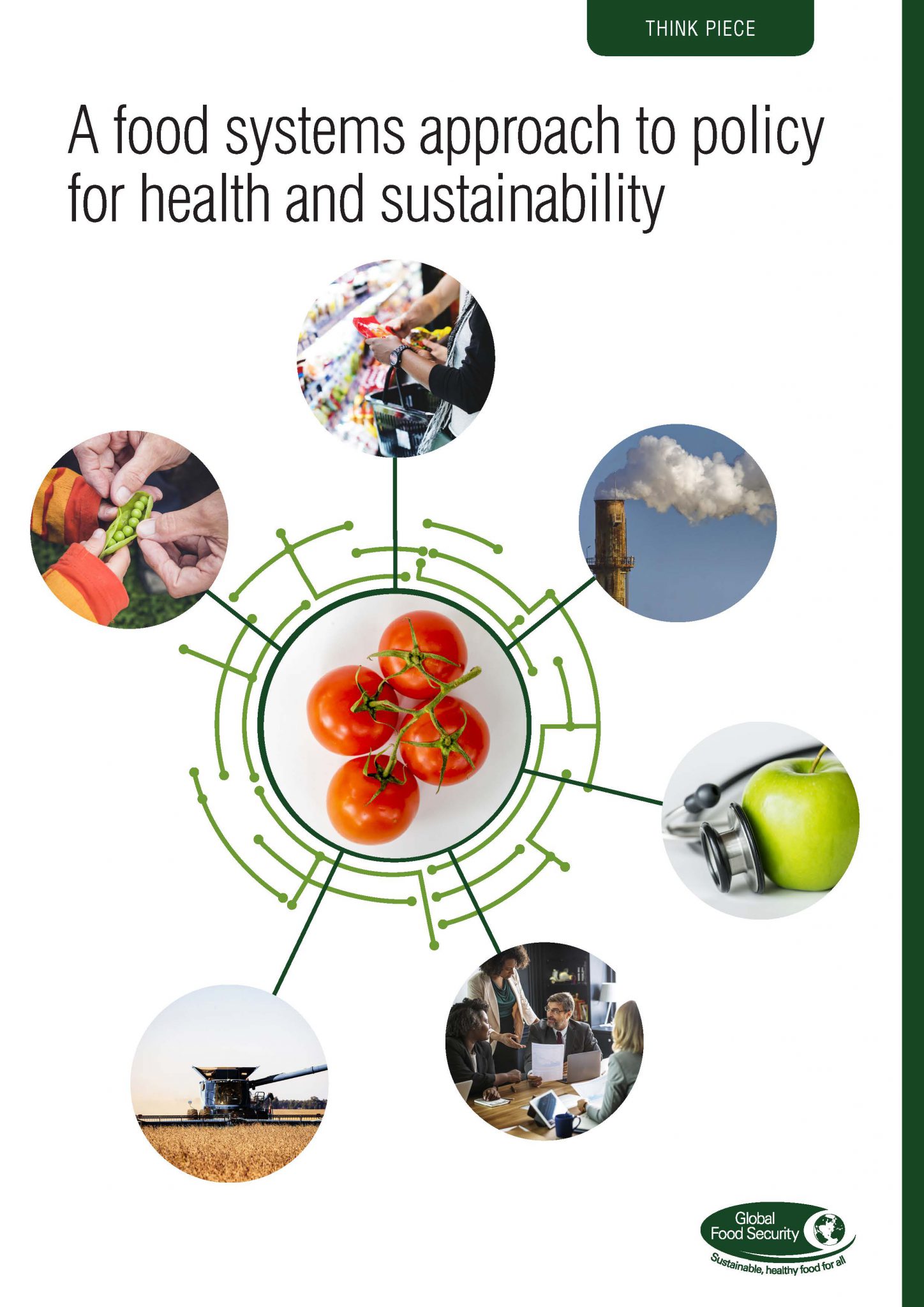Today a report has been published arguing for a systemic approach to food policy across governments and businesses for health and sustainability.
The think piece, entitled ‘A food systems approach to policy for health and sustainability’, follows a workshop organised by the Global Food Security programme, where researchers from ten leading institutes met to discuss food policy and practice.

If projections are correct, by 2050 we would need more water, more cropland, lose more forest, and produce more GHG emissions to meet global food demand. This means we will need to use every technology available, alongside best practice farming to sustainably increase production for the future.
However, the report argues it is crucial we also see changes in food demand, including both consumption and waste, if we are to even come close in securing sustainable and nutritious food for all.
“This is particularly challenging as globally there are now more people who are obese and overweight than underweight”, said Director of the Global Food Security programme, Riaz Bhunnoo. “Given the urgency of the food security challenge, there is a need for a food systems framework to enable stronger policy coherence across agriculture, nutrition, health, trade, climate and the environment in both businesses and governments around the world.”
The report offers ideas about what joined-up policy making might look like, such as breaking down traditional policy silos, rethinking subsidies, and transforming obesogenic food environments. It also argues for better labelling of food products, where single scores are given for health or sustainability, enabling consumers and producers to consider the ‘true cost’ of food.
“Underpinning all of these potential areas is a need for more interdisciplinary food systems research”, Riaz said. “If we bring together researchers from across the whole supply chain, we can work towards securing healthy people and a healthy planet.”
This report comes at a time when UK Research and Innovation has opened its £90 million funding call for Transforming Food Production, under the government’s Industrial Strategy Challenges Fund.
The full report is available to download below.

A food systems approach to policy for health and sustainability
This report highlights the significant benefits for policymaking from a food systems approach. Thinking systemically and at an interdisciplinary level can help ensure that challenges are tackled from multiple perspectives and in a holistic way. Such an approach provides a way of identifying win-wins, managing trade-offs and mitigating less desirable outcomes, enabling stronger policy coherence across agriculture, nutrition, health, trade, climate and the environment, in both businesses and governments around the world.
(You can view PDF documents by downloading a PDF reader. We recommend using Google Chrome or Mozilla Firefox web browsers.)


